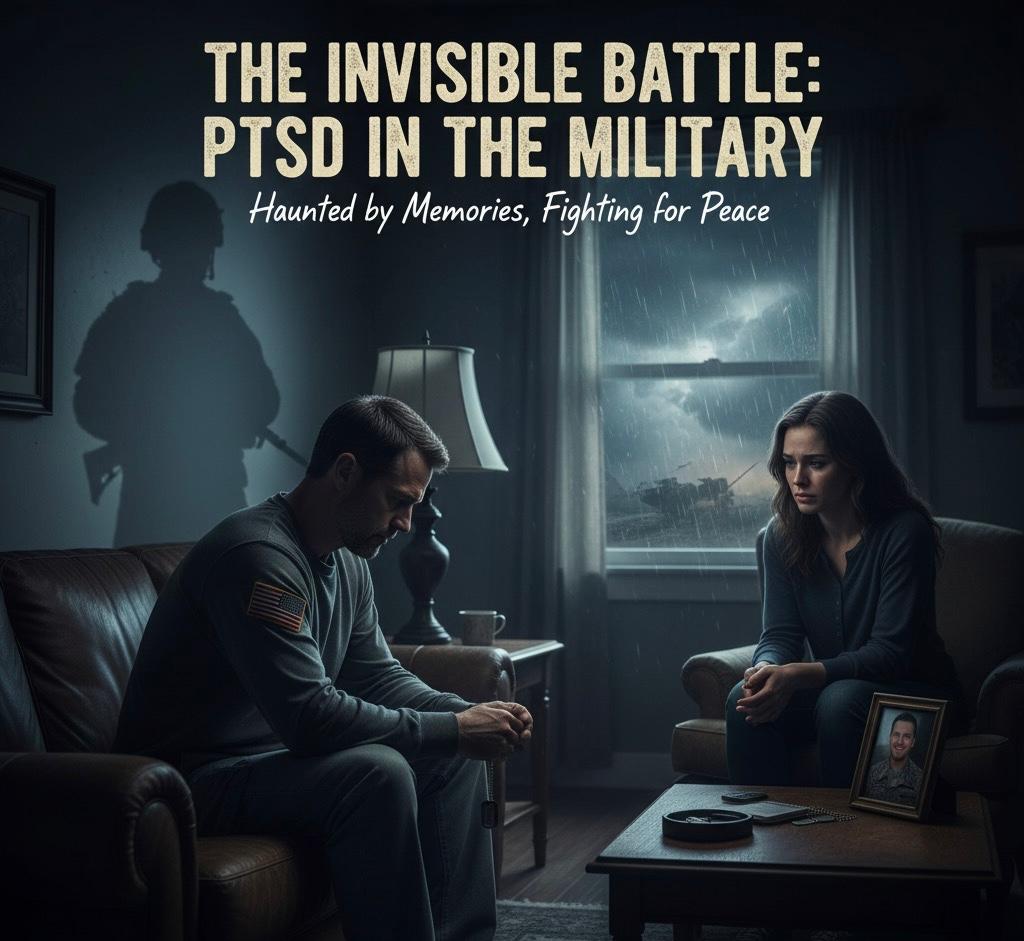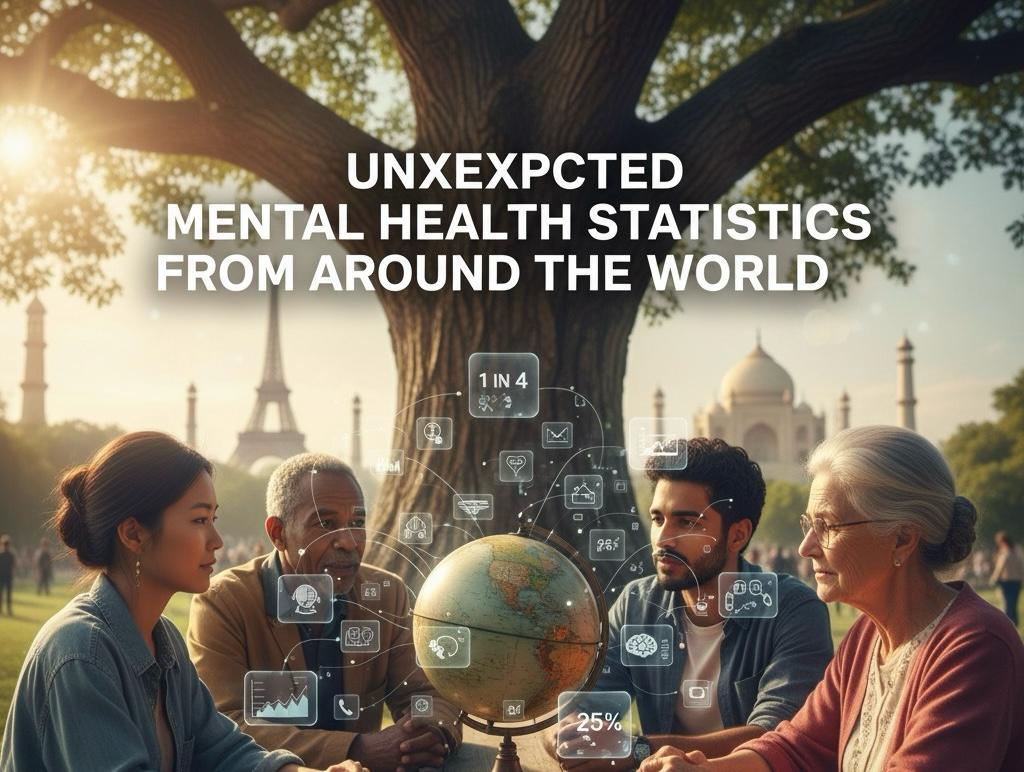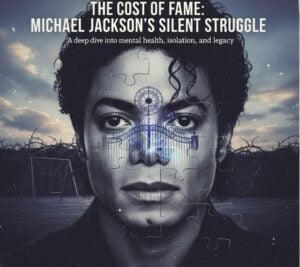Social skills are the tools that enable people to communicate, learn, ask for help, make friends, and interact with others. Good social skills are fundamental to successful communication and can significantly impact personal, academic, and professional success. This article will delve into the importance of social skills and strategies to enhance them, drawing on scientific research.
Understanding Social Skills
Social skills encompass a wide range of behaviors and techniques that facilitate positive interactions and effective communication with others. They include verbal and non-verbal communication, such as speech, gesture, facial expression, and body language, as well as the ability to listen, understand social cues, share, cooperate, and resolve conflicts (Segrin, 2001).
The Importance of Social Skills
Good social skills are crucial for several reasons:
- Relationship Building: They are vital in forming healthy personal and professional relationships.
- Academic and Professional Success: Effective communication and teamwork are highly valued in educational settings and the workplace.
- Mental Health: Positive social interactions can improve mental health and reduce the risk of disorders such as depression and anxiety (Greco & Morris, 2005).
Strategies for Developing Social Skills
- Practice Active Listening: Active listening involves fully concentrating on what is being said rather than just passively hearing the message. It improves mutual understanding in communication (Hoppe, 2006).
- Understand Non-Verbal Cues: Non-verbal communication such as facial expressions, body language, and tone of voice provides a lot of information in social interactions. Being attuned to these signals and responding appropriately is a key social skill (Mehrabian, 1972).
- Engage in Positive Self-Talk: Confidence in social situations can be bolstered by positive self-talk, which reduces anxiety and improves performance in challenging social interactions (Wood & Locke, 1987).
- Develop Empathy: Empathy involves understanding and sharing the feelings of others. It helps to build deep, personal relationships and to communicate more effectively (Cuff et al., 2016).
- Learn Conflict Resolution Skills: Effective conflict resolution involves recognizing and addressing differences in a fair and positive way. It is crucial for maintaining healthy relationships and teamwork (Deutsch, 1994).
- Participate in Social Skills Training Programs: Such programs can provide direct, systematic instruction in social skills, using modeling, rehearsal, and feedback to teach appropriate behaviors (Spence, 2003).
- Seek Feedback and Reflect: Encourage others to provide honest feedback on your social interactions and reflect on this feedback to understand areas for improvement.
Conclusion
Developing good social skills is a lifelong process that can enhance one’s quality of life, relationships, and career prospects. By understanding the importance of these skills and actively working to improve them through strategies like active listening, understanding non-verbal cues, and engaging in empathy, individuals can effectively navigate the social world and build meaningful connections.
Take this quick self assessment
References
- Segrin, C. (2001). Social skills deficits associated with depression. Clinical Psychology Review, 21(3), 379-403.
- Greco, L. A., & Morris, T. L. (2005). Factors influencing the link between social anxiety and peer acceptance: Contributions of social skills and close friendships during middle childhood. Behavior Therapy, 36(2), 197-205.
- Hoppe, M. H. (2006). Active listening: Improve your ability to listen and lead. Center for Creative Leadership.
- Mehrabian, A. (1972). Nonverbal communication. Aldine-Atherton.
- Wood, J. V., & Locke, E. A. (1987). The relation of self-efficacy and grade goals to academic performance. Educational and Psychological Measurement, 47(4), 1013-1024.
- Cuff, B. M., Brown, S. J., Taylor, L., & Howat, D. J. (2016). Empathy: A review of the concept. Emotion Review, 8(2), 144-153.
- Deutsch, M. (1994). Constructive conflict resolution: Principles, training, and research. Journal of Social Issues, 50(1), 13-32.
- Spence, S. H. (2003). Social skills training with children and young people: Theory, evidence and practice. Child and Adolescent Mental Health, 8(2), 84-96.
How to get in touch
If you or your patient/NDIS clients need immediate mental healthcare assistance, feel free to get in contact with us on 1800 NEAR ME – admin@therapynearme.com.au.







